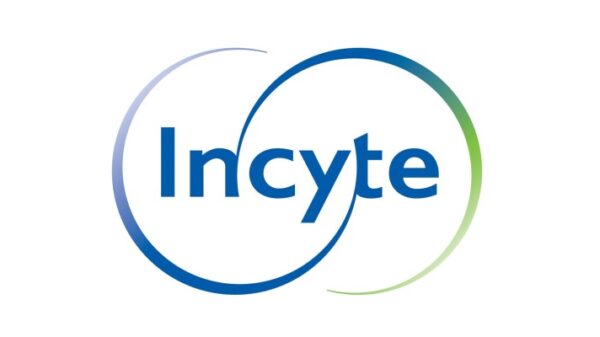UPDATE: Crispr Therapeutics (CRSP) is making headlines as its stock rockets up by 65% year-to-date through September 30, 2025. However, despite this impressive surge, analysts reveal the stock is still trading 40% below its fair value estimate of $106.
This disparity presents a unique opportunity for long-term investors willing to embrace some risk in the volatile biotech sector. With a Very High Uncertainty Rating due to regulatory challenges, Crispr is on the radar of investors looking for promising biotech stocks. It has recently been featured on Morningstar’s list of the Best Biotech Stocks to Buy and is highlighted by Chief US Market Strategist Dave Sekera as one of the 5 Stocks to Buy Before They Climb Higher.
Crispr Therapeutics focuses on pioneering gene editing therapies to combat rare genetic disorders. Its groundbreaking Crispr/Cas9 technology allows precise manipulation of DNA, potentially transforming treatment options for conditions with limited existing therapies. The company’s first FDA-approved product, Casgevy, launched in collaboration with Vertex Pharmaceuticals for conditions like transfusion-dependent beta thalassemia and sickle cell disease.
As Crispr navigates the launch of Casgevy in key global markets, analysts are keenly observing its commercial performance. The blockbuster potential of Casgevy could significantly boost Crispr’s revenue, with the profit-sharing agreement designating 60% of profits to Vertex and 40% to Crispr.
Looking ahead, the rest of Crispr’s pipeline remains in early development stages, with no new treatments expected to reach the market until at least 2028. Analysts caution investors about the high uncertainty surrounding regulatory approvals for Crispr’s pipeline, which could lead to fluctuating stock performance.
Morningstar’s metrics reveal that while Crispr holds a 4-star rating, it lacks an economic moat, indicating vulnerability to competition and regulatory hurdles. With an 11% cost of equity—higher than the 9% average for similar biotech firms—investors are advised to proceed with caution.
The landscape of gene editing is becoming increasingly competitive, with numerous companies vying for breakthroughs. Crispr’s ability to secure partnerships and navigate these challenges will be critical to its success.
As the biotech sector evolves, the potential for Crispr’s proprietary technology to yield transformative treatments underscores its significance in addressing unmet medical needs. Investors and market watchers should stay alert for further developments and clinical trial results that could influence Crispr’s trajectory.
In summary, while Crispr Therapeutics shows promise with a significant stock increase this year, its long-term viability hinges on overcoming regulatory challenges and successfully executing its pipeline strategy. The coming months will be critical in determining whether this biotech innovator can fulfill its potential in the rapidly evolving landscape of gene therapy.








































































